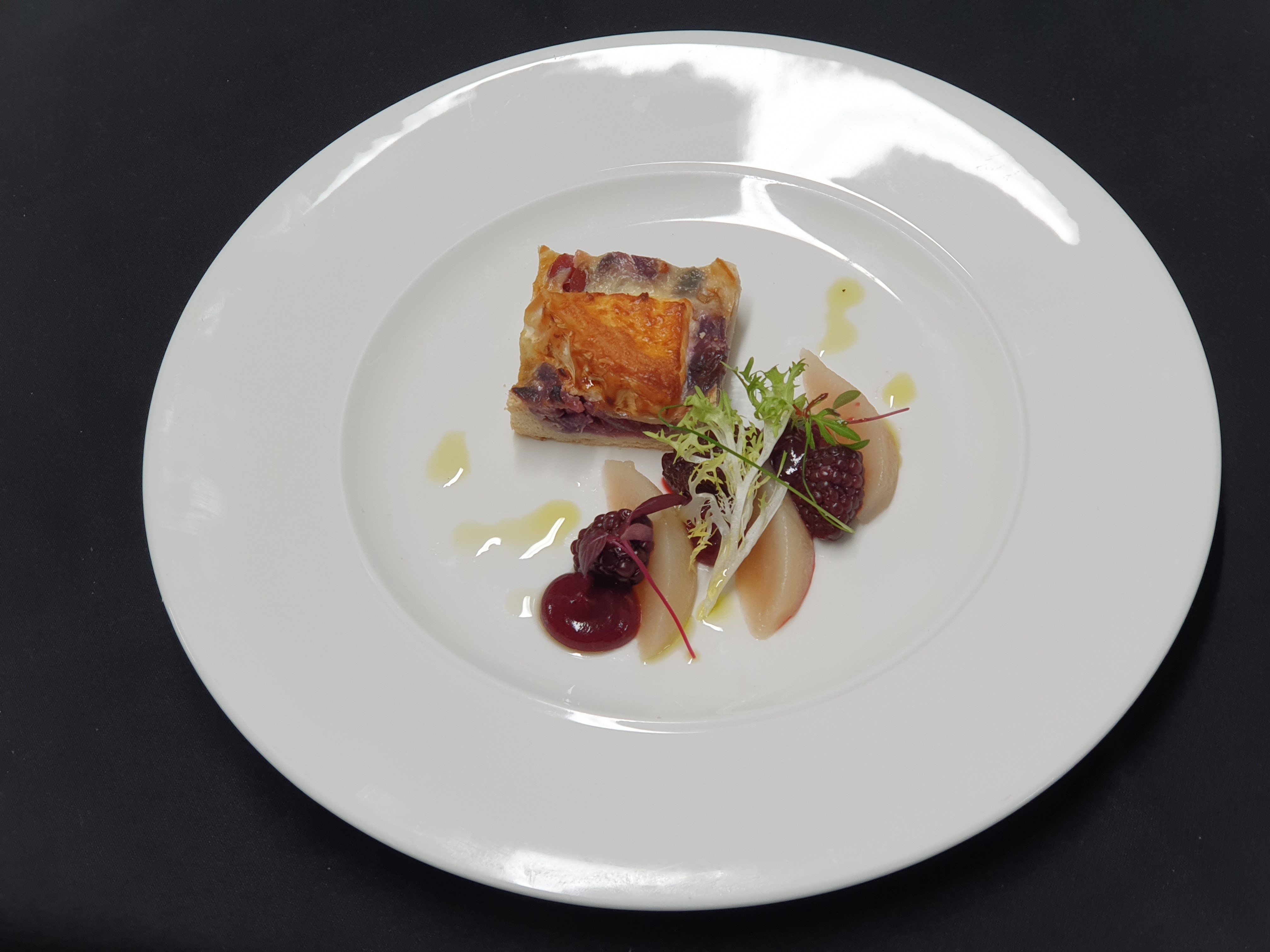Foraging for food – how to forage and what fruit and veg to pick.
Foraging for fruits and vegetables is a niche hobby taken on by people who like the idea of using the freshest produce from their local area. Whether you are looking for fruits to snack on, make into smoothies or vegetable to add to your dinner, there are so many things you can do with your foraged food. We are going to take you through some of the fruit and veg you can forage, where you can find it and the best times to forage.
When to forage
If you know what you’re looking for, you can find something to forage all year round. Winter is the best time of year to really conduct your observations. You can look out for different trees and bushes, working out what will be flourishing best in the spring time. One thing you can pick in the winter is the gauze flower; this delicate yellow flower has a coconut-like taste and is great for adding to the top of desserts. Spring is great for picking edible flowers, including the popular elderflower, which is a perfect garnish or making drinks with. However, the best time to forage for produce is the late summer/early autumn. This is where you can go wild, picking blackberries, hazelnuts, apples, pears, blueberries, sloe berries and many more!
Always take precaution when foraging; make sure you take the correct equipment, wear the right clothes and pick the right foods. Do your research to know what you are picking as some berries and fungi are not for human consumption. Make sure to wear long thick trousers if foraging things such as sloe berries as they are In the middle of thick thorn bushes and can easily harm you.
What can you do with foraged items?
There are so many things you can do with your foraged items, there really isn’t anything holding you back. Most berries are great for adding into a dessert dish, whether you are a chef or cooking for a dinner party at home. Alternatively you can use your foraged berries to make your own jam and jelly. Sloe berries are perfect for making homemade sloe gin! Any leftover goodies can be pickled or preserved in order to prevent food waste. This will allow you to get the most out of the produce you have foraged. It can also add value and interest to a dish when using a pickled fruit you have created.
Foraging from David, Head Chef at The John Smith’s Stadium
We spoke with Head Chef David about his foraging stories and he told us the following:
“When I’m not in the kitchen, one of my favourite things to do is get out into the fantastic Yorkshire countryside. Whether it is just to walk the dogs or a full day out dragging the kids up the mountainside, I always make sure I have bags with me to forage anything exciting we find on the way. Foraging for food is a huge interest to me and I’m always excited to see what I come across. Foraging is also a way of allowing my creative juices to flow. I often find myself foraging for ideas, not just for food, and thinking about new menu items means that I can’t wait to get back into the kitchen and start working on the next big thing to add. You often see that my menus are very season dependant as I like to use ingredients that are in season.
Last year we had an abundance of soft fruit; in particular the elderberries and blackberries had a very productive year. Being lucky enough to live near an old orchard that is no longer used (so having a ready supply of free apples) I spent a lot of the late summer making batches of jams, preserves, pickles and compôtes. I always like to get the most out of the food I pick and hate waste; it gives me great pride to know that I am able to use locally sourced ingredients for my customers.
Friends, family and customers all have been enjoying some of my foraging this year with blackberry compôte & buckwheat pancakes, goose glazed with sloe & elderberry jam, cheese with a multitude of different chutneys or just jam or marmalade on toast.
One of the preserves I would like to share with you is my sweet pickled blackberries. These go well with warm cheese dishes, an interesting addition to salads or as a sweet and sharp accompaniment to rich meat dishes like duck or venison.
Make sure you save the pickling liquor as this is great for vinaigrettes and dressings.”
Sweet pickled blackberries
Makes four 330ml jars
Ingredients
200g sugar
600ml cider vinegar
4 star anise
8 green cardamoms
1 stick of cinnamon
4 fresh bay leaves
10g black peppercorns
15g sea salt
1kg of fresh blackberries
Method
Wash and go through your blackberries discarding any that are over ripe or unappetising.
Distribute the bay leaves and spices evenly between your four freshly sterilised jars, and top with the blackberries.
Gently warm the cider vinegar, sugar and salt together then pour into the jars making sure to cover all the ingredients.
Leave for at least one month for the flavours to infuse. To serve, drain the blackberries and dry off on some kitchen roll.
Thank you for reading our article on foraging for food. At The John Smith’s Stadium we try to incorporate the freshest, seasonal ingredients in our dishes. To see more on our catering click here. To look at the rooms we have available for hire, please click here.



